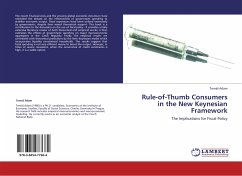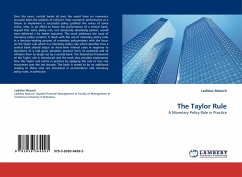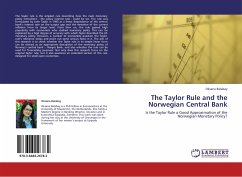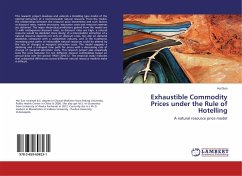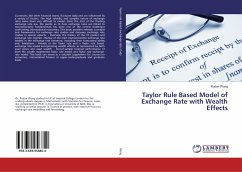The recent financial crisis and the ensuing global economic downturn have rekindled the debate on the effectiveness of government spending to stabilize economic output. Fiscal expansions have been utilized extensively by governments, despite their mixed theoretical support. This book is a contribution to the discussion on the use of fiscal policy - it provides a fairly extensive literature review of both theoretical and empirical works; it then estimates the effects of government spending on major macroeconomic aggregates in the Czech Republic; finally, the empirical results are contrasted with theoretical predictions by the New Keynesian model which incorporates liquidity constrained households. The results suggest that fiscal spending is not very efficient means to boost the output. However, in times of severe recessions, when the occurrence of credit constraints is high, it is a viable option.

